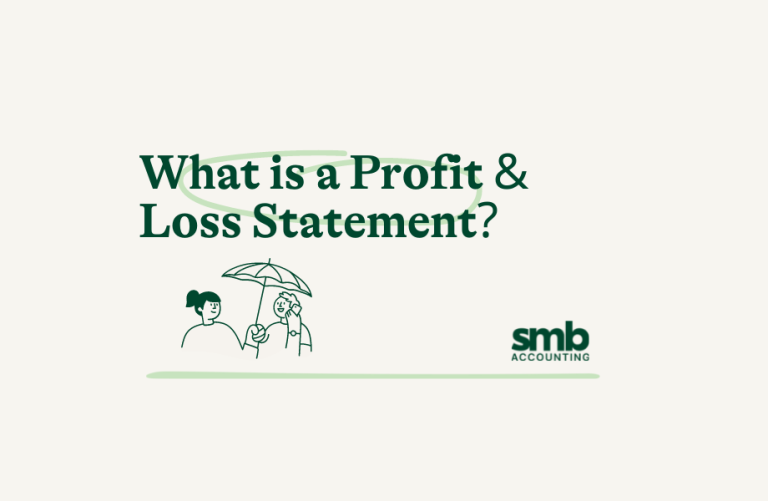Managing the finances of a small business can be challenging, especially when you’re wearing many hats. QuickBooks emerges as a vital ally in handling your financial needs with ease and precision. It’s designed to support small business owners by simplifying tasks like budgeting, invoicing, and tracking expenses, giving you more time to focus on growing your business.
Key Features of QuickBooks for Small Businesses
QuickBooks stands out as a comprehensive accounting solution with features tailored for small businesses. At the forefront is its invoicing capability. QuickBooks allows you to create customised invoices, streamlining communication with clients and ensuring timely payments. Automated invoicing features allow you to schedule recurring invoices, reducing the need for manual intervention.
Another standout feature is expense tracking. QuickBooks lets you easily record and categorise expenses, providing a clear view of where your money is going. This function helps maintain budget discipline and prepares you for tax time, ensuring all deductible expenses are accounted for. By linking your bank accounts, QuickBooks pulls in transactions for easy categorisation, making financial tracking seamless.
Inventory management is crucial for businesses handling physical products, and QuickBooks offers robust tools to monitor inventory levels. It automatically updates quantities as products are bought and sold, helping prevent stockouts or overstock situations. This feature ensures that your business runs efficiently with optimal inventory levels.
These features collectively enhance daily operations by saving time and increasing accuracy. Financial tasks become less daunting, allowing you to focus on strategic aspects of your business. QuickBooks helps maintain financial clarity, vital for making informed business decisions.
Setting Up QuickBooks: A Step-by-Step Guide
Getting started with QuickBooks is straightforward, and taking the time to set it up correctly can make a big difference. To begin, sign up for an account and choose a plan that suits your business needs. Once you’ve logged in, follow these basic steps:
1. Enter Company Details: Input basic information like business name, address, and contact details, which will appear on invoices and reports.
2. Configure Preferences: Set your financial year, decide on a preferred payment method, and select features you plan to use, like invoice payments or inventory tracking.
3. Connect Bank Accounts: Linking your bank accounts enables automatic transaction synchronisation. This step helps streamline the categorisation and reconciliation of expenses.
4. Set Up a Chart of Accounts: Customise it to reflect your business activities, categorising all your financial entries into income, expenses, assets, and liabilities.
5. Add Users and Assign Roles: If you have a team, add users and define their roles to manage who has access to different areas within QuickBooks.
By carefully setting up each aspect, you ensure that QuickBooks works best for your business, tailoring it to suit specific requirements. A precise setup minimises errors and maximises efficiency as you begin using the software for your accounting needs.
Maximising Efficiency with QuickBooks Tools
QuickBooks offers various tools designed to optimise business efficiency and reduce manual workload. Automated reports play a significant role by providing real-time insights into your business’s financial health. You can schedule these reports to be generated at specific intervals, saving you time and ensuring you always have the latest data at your fingertips.
Tax tracking is another essential tool within QuickBooks. It allows you to automatically gather all the necessary data for preparing tax returns. By keeping your financial records updated throughout the year, QuickBooks can help avoid the usual last-minute rush during tax season. This ease of access to up-to-date records promotes better financial planning and ensures compliance with tax obligations.
To get the most out of QuickBooks, customise the tools based on your specific business needs. For instance, create custom reports that focus on certain aspects of your cash flow or sales. Tailor your dashboard to highlight key metrics, such as outstanding invoices or overdue bills, enabling swift action and informed decision-making.
By leveraging these tools, you can improve the operational efficiency of your business, reduce errors, and focus more on strategic growth rather than routine responsibilities.
Integrating QuickBooks with Other Business Software
One of QuickBooks’ strengths lies in its capacity to integrate with other business software, enhancing its functionality and streamlining various processes. By connecting QuickBooks with platforms like Xero and MYOB, businesses can centralise their financial data, ensuring consistency and accuracy across all platforms.
Integrating with Xero, for example, can help businesses maintain a shared ledger that updates in real-time, minimising duplication and errors. Similarly, connecting QuickBooks with MYOB can streamline tasks like payroll processes, reducing manual entry and ensuring accurate payment calculations.
This integration allows for seamless transfer of data between systems, leading to more informed business decisions. It also saves considerable time on manual data entry, freeing up resources for other critical business tasks. Moreover, integration opens up advanced analytic capabilities, offering deeper insights into your business performance.
Embracing these integrations ensures that your business remains agile and responsive to ever-changing financial demands. It simplistically combines the strengths of various platforms, enhancing your productivity and overall business management.
Conclusion
QuickBooks is more than just an accounting tool; it’s an essential partner for small businesses aiming for streamlined financial management. From invoicing and expense tracking to advanced integration capabilities, QuickBooks significantly enhances efficiency and accuracy in daily operations. By correctly setting up and leveraging its features, you can reduce time spent on financial tasks and focus on strategic growth.
QuickBooks’ integration with other software further amplifies its benefits, making it an indispensable part of a modern business toolkit. The tools within QuickBooks not only simplify your accounting processes but also provide insights that can drive better business decisions. Embracing technology like QuickBooks ensures your business remains at the forefront of financial management, paving the way for sustained success and growth.
If you’re ready to streamline your business finances and take full advantage of what QuickBooks has to offer, reach out to SMB Accounting. Our team of small business accountants in Brisbane can guide you through setting up and optimising QuickBooks for your unique business needs, ensuring you maximise its potential and drive your business forward effectively.




